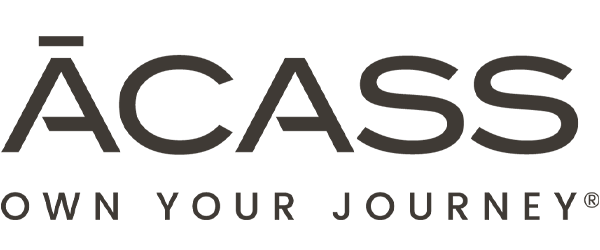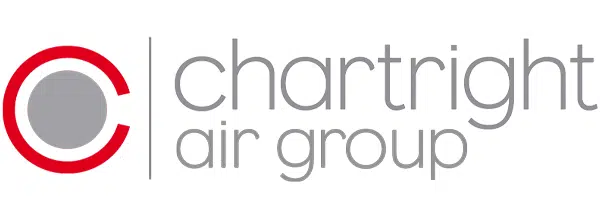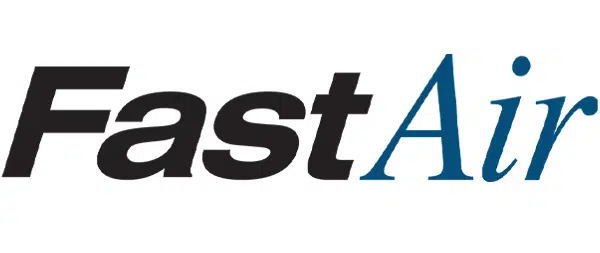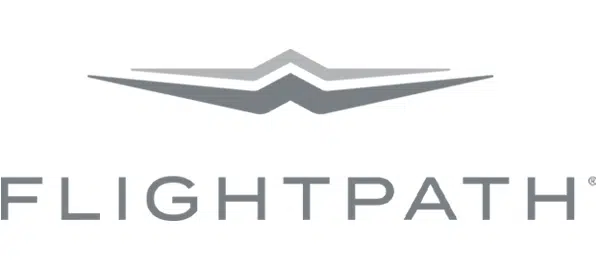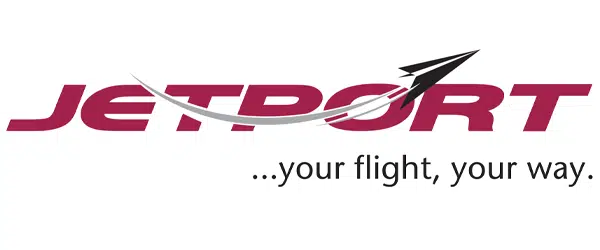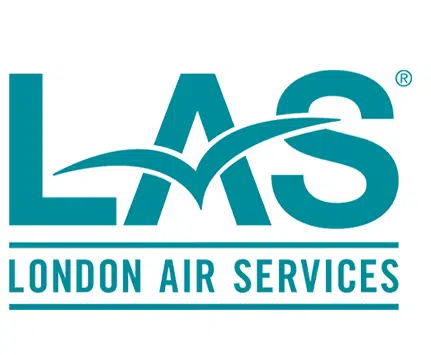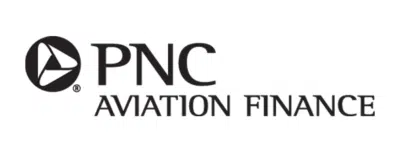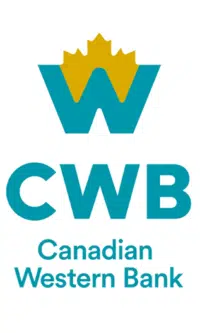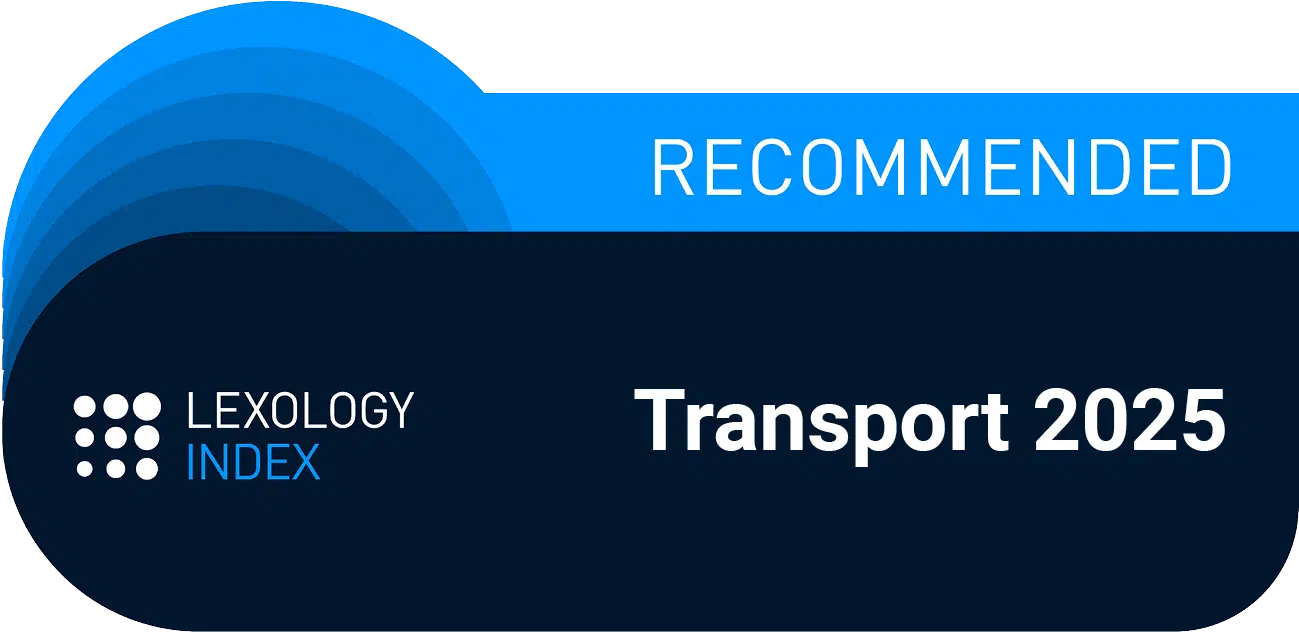Travel Industry Act Review
February 13, 2017
Dear Sirs:
Travel Industry Act Review: As outlined below, I have been a business law practitioner in Ontario for a considerable number of years, with our firm having an emphasis on the aviation and travel industries. The comments below are my personal comments from that experience.
Background
As a legal practitioner in Ontario, who has practised since 1971, in a business law practise, but with an emphasis on the aviation and travel industries, I would suggest that I have considerable background concerning the proposal to review the Travel Industry Act as presently constituted.
While my involvement was not significant in the initiation of the Act in 1975, I have had involvement in numerous revisions, as well as the creation of TICO in 1997 as legal counsel to the Canadian Association of Tour Operators, and again on their behalf, during the revisions resulting in the present legislation enacted in 2002.
Travel Industry Act Review
The original legislation was enacted due to several business models in the industry at that time, all of which have virtually disappeared. The numerous independent retail travel agencies had no financial oversight and often experienced failure due to the utilization of consumer monies for operational purposes. Bigger exposure were the charter airline failures due to the rise of risk package tour operators utilizing numerous new start independent air carriers, who often did not succeed. Also, many of these tour operators experienced the same lack of financial integrity, utilizing consumer funds for other purposes.
In addition, the government felt that the travel industry as a whole was not sufficiently forthcoming in regard to price, facilities, travel manner and level of accommodations – all of which the government felt needed to be adequately disclosed to consumers.
Present Business Models
The risk associated with the tour operator industry has virtually disappeared. The majority of risk operations are now vertically integrated operations of huge magnitude, some of which are public companies. Not only do they control a significant number of the retail agency’s operating as preferred agencies, they also operate several internal tour operators with different levels of quality, as well as the air carrier component for their product.
The “mum and pop” retail industry has been virtually eliminated with the advent of the chains, as well as the consortiums. These structures exercise their own financial controls which are, and in my opinion, more than adequate to protect the consumer.
In addition, as admitted by TICO in its outline paper, over 73% of bookings reported to TICO in 20 I 5, were online bookings. What is missed in that statistic is that these were the ones conducted with Ontario registrants. The travel industry as a whole is experiencing that level of online booking, and Ontario consumers are booking an extensive amount of their travel on an online basis with travel suppliers who are not subject to TICO oversight, due to the booking not occurring in the Province of Ontario.
TICO itself has virtually eliminated the access by Ontario consumers to the Travel Industry Compensation Fund due to its policy of requiring the consumer to pursue a credit card chargeback prior to processing a claim against the Fund.
And lastly, we would point out the imposition of trust funding for both retail and wholesale clients on an universal basis. While abuses still occur due to the lack of financial institutions exercising oversight on trust funds, this also has reduced misappropriations due to, in my opinion, the concern by registrants over possible criminal charges. While we are not exposed on a frequent basis to the result of TICO audits, I would question whether the risk has been significantly reduced by either the trust funding requirements, the minimal financial fitness requirements or the inspection oversight.
Proposals
I would be extremely concerned if this current review merely resulted in insignificant changes to the present legislation, due to these significant industry changes since the original implementation. In my opinion, if there is deemed to be a continued need for dedicated travel industry legislation in this province (with which I may not totally agree), then a clean sheet review should be conducted, based on the present business models of the industry not only in the province, but on an international basis.
I would submit that there are sufficient other consumer protection legislations in place in Canada that the travel industry may no longer require its unique provincial legislation. Proponents may point out the qualification factors of both retail and wholesalers, as well as the addition of individuals to those qualification requirements recently. While I would suggest that these minimal registration requirements have had some benefit, I would question whether these necessitate continued legislative oversight, or a dedicated oversight bureaucracy.
Other consumer legislation, both federal and provincial, now can adequately cover numerous of the areas of original concern such as false advertising, pricing and quality of product.
I also appreciate that it is unlikely that the present government would be amenable to the long standing request from the industry that if financial protection is deemed to be required on a continuing basis, that this protection be provided by the consumer directly, rather than by an assessment against the registrant’s revenues. Even before the initial legislation, overtures were made by the industry, which have continued over the years, that legislation be effected for consumer contribution on the basis of a “Buck a Bum” on each booking.
I have long been of the viewpoint that this is the most equitable basis to provide funding, if governments determine its continued requirement.
I would also strongly suggest that the administration of the Fund be totally segregated, as it was originally, from the operation of the industry oversight. This was the initial model, when the Fund administration was totally in the hands of the Ministry of Consumer and Corporate Affairs during the initial two decades of operation. While the creation of TICO in 1997 was touted as providing the industry with significant new control over its affairs, that has not been the result.
This is due to the fact that no changes in the regulations can be made by the self-management agency and therefore, delays in reaction to industry changes are more than significant -as is exhibited in my previous summary of the changes in business models of the industry since the inception of this legislation to the present day.
However, the inclusion of the Fund to be controlled by the Board of TICO in my opinion, has created a conflict in the Board in determinations on claims against the Fund, as well as the propriety as to the usage of the resources of the Fund.
Conclusion
As mentioned previously, I have significant doubts as to whether or not dedicated travel industry legislation is required by the present models, save and except for the possibility of continued oversight of qualifications for entry of retailers, wholesalers and travel advisors. And I have significant reservations that any increase in quality of advisors has occurred since oversight was initiated within the last decade.
In my opinion, a review of the present Act is not required. A determination must be made by the government as to whether dedicated legislation is required for the future, and if so, then a clean sheet approach to the industry should be initiated, rather than tinkering with the present legislation as has occurred with past reviews.
Yours truly,
William F. Clark












